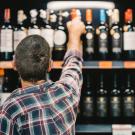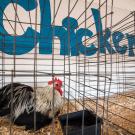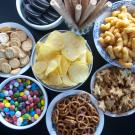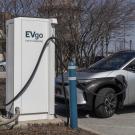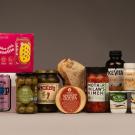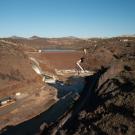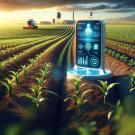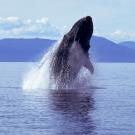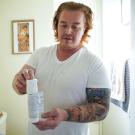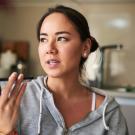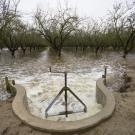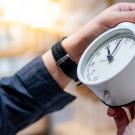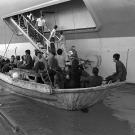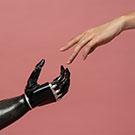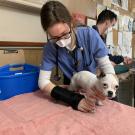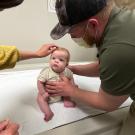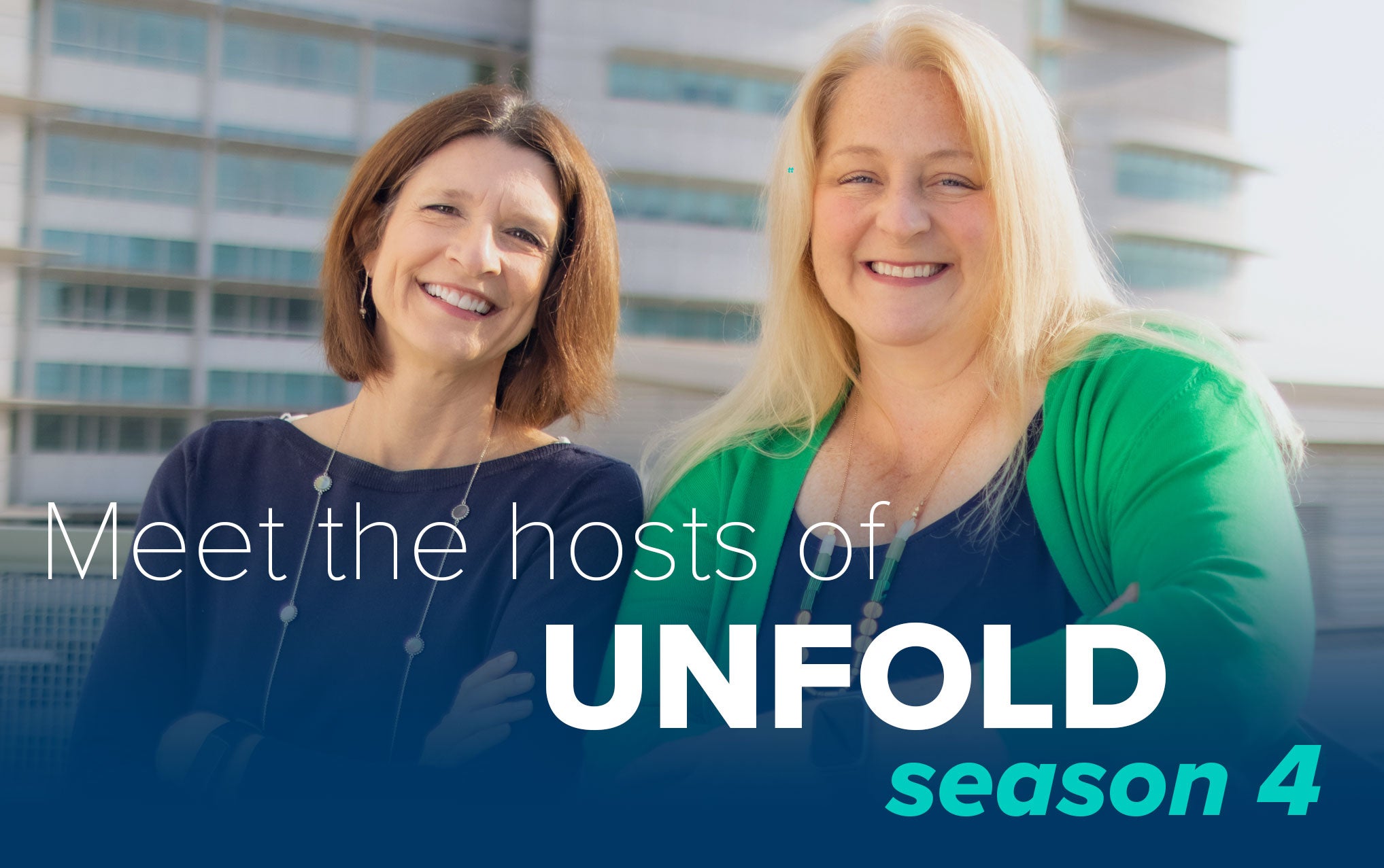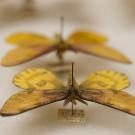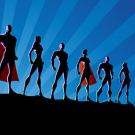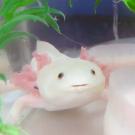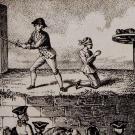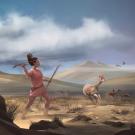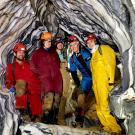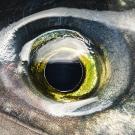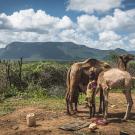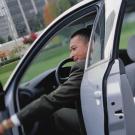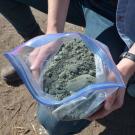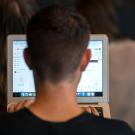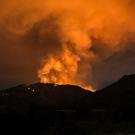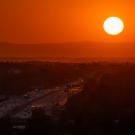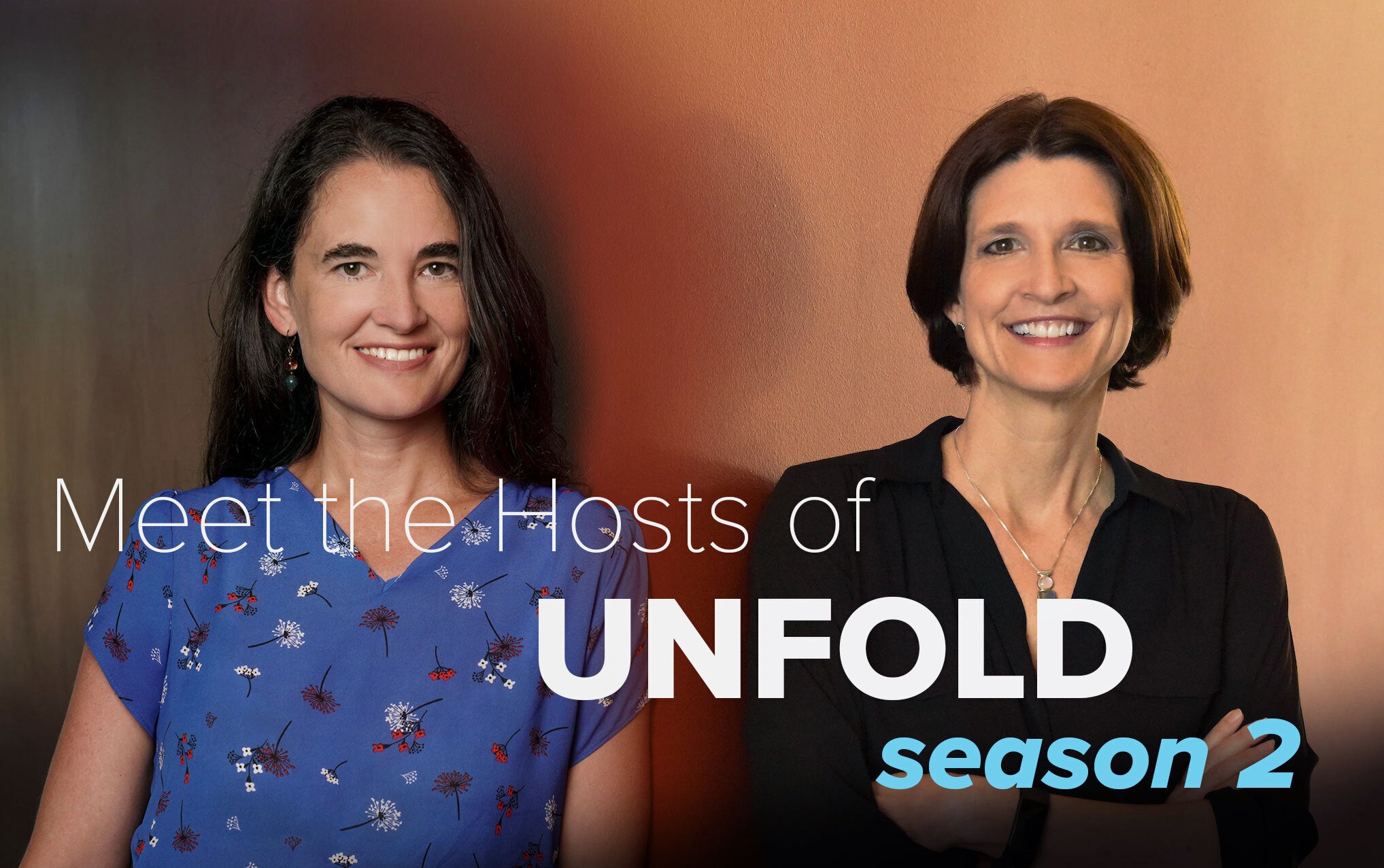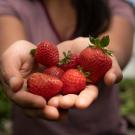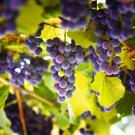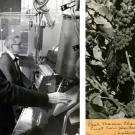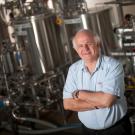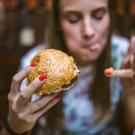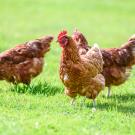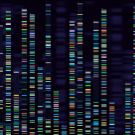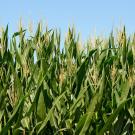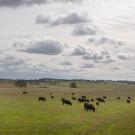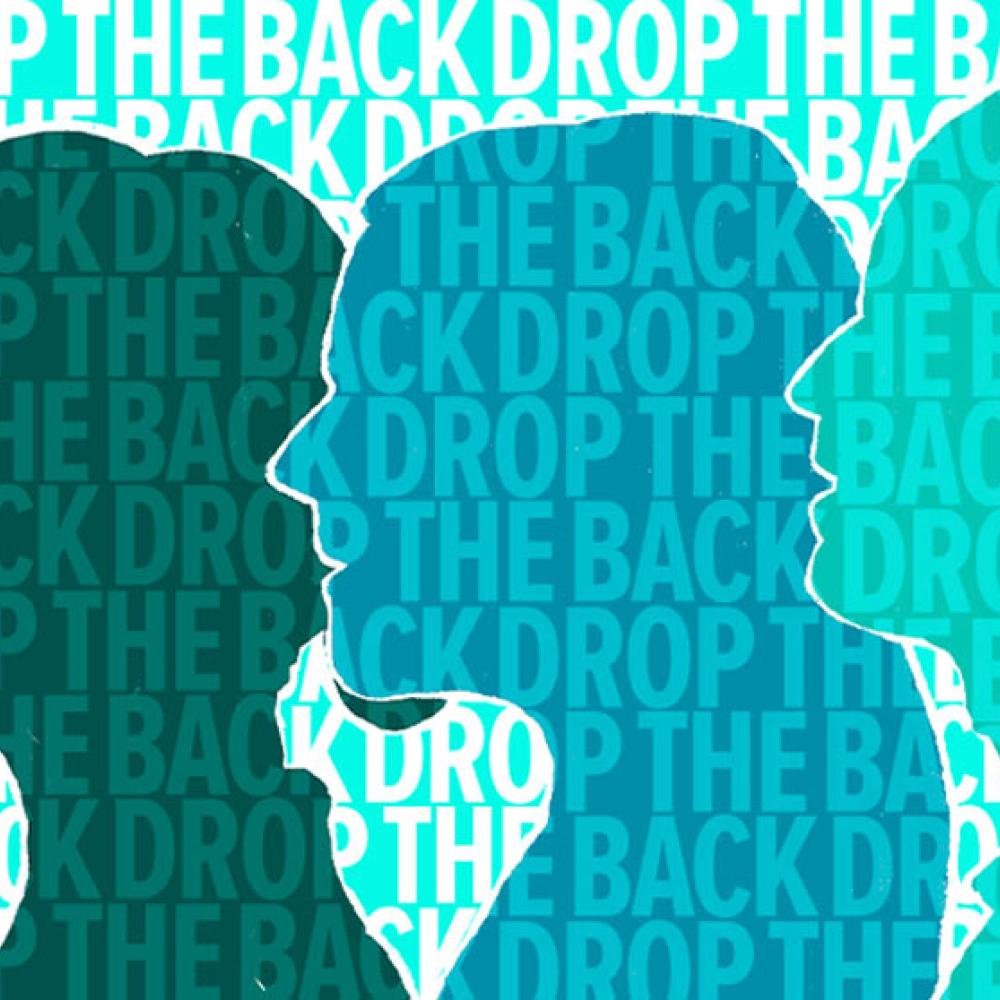
UNFOLD
a UC Davis podcast
The world is a complicated place with tantalizing questions and troublesome problems. Each sound-rich episode of Unfold makes these complex topics relatable and reveals answers to questions you’ve always been curious about. We take you into the field with leading researchers and scholars working to feed a growing population, adapt to climate change and improve the health of people, animals and even the planet itself. Hosted by public radio veteran Amy Quinton and co-hosted by Kat Kerlin and Marianne Russ Sharp.
Learn About Unfold
Latest Episode
Unfold Season 4
Season 4 of Unfold explores the most cutting-edge technologies and treatments that advance the health of both people and animals. Hosts Amy Quinton and Marianne Russ Sharp unfold the story of a courageous couple going through the first human clinical trial that uses surgery and stem cells to treat their developing baby’s spina bifida. You’ll hear how veterinarians and physicians are working together to fight cancer. You’ll learn why amputees often abandon their high-tech prosthetic devices and how surgeons and engineers are working together to solve that problem. You’ll hear lots of remarkable and hopeful stories about health in Season 4 of Unfold.
Season 4 Episodes
Unfold Season 3
Unfold brings you stories of awe, wonder and discovery as we explore how UC Davis researchers are driven by curiosity. Curiosity can lead to some of the greatest discoveries, like why songs get stuck in your head or what real-world engineering concepts you can learn from comic book superheroes. This season, we examine an archaeological discovery that raises new questions about the sexual division of labor in early hunter-gatherer societies. UC Davis researchers reveal what they found by peeling back the layers of a fish’s eye and by studying cute, pink, baby-faced axolotls. We have lots of surprising and curious stories to tell this season — even a spooky, dark and murderous one, just in time for Halloween.
Season 3 Episodes
Unfold Season 2
The Earth’s climate is changing. Temperatures around the world are rising. Traditional weather patterns are shifting, and extreme weather events are happening more often. In Season 2 of Unfold, hosts Amy Quinton and Kat Kerlin will talk to researchers who believe this unprecedented crisis calls for unprecedented solutions, including projects that pull CO2 out of the air. From carbon farming to electric cars, we’ll examine the best ways to transition to a low-carbon future. We’ll travel from California to Kenya to examine how climate change is punishing the world’s poor and how insurance might protect them when drought hits. We’ll also examine what the coronavirus crisis is teaching us about the climate crisis.
Season 2 Episodes
Unfold Season 1
Climate change threatens to make sustainably feeding two billion more people by 2050 a seemingly impossible task. We’ll need to grow more food, more efficiently and waste less. In Season 1 of Unfold, hosts Amy Quinton and Alexa Renee talk with UC Davis researchers working to make agriculture more sustainable about potential solutions to the challenges that lay ahead.
Season 1 Episodes



![]()
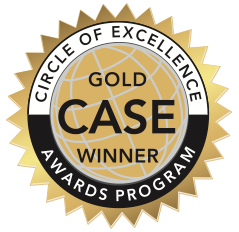
From the Judges
This podcast is exceptionally well done, indistinguishable from podcasts being produced by the big names in podcasting. The marketing mix among the social media platforms and website is tightly integrated and beautifully designed. The storytelling in the podcasts and the balance of airtime among the hosts and the UC Davis experts gives you a feel of being at a dinner party with fascinating and insightful individuals who bring you deep into a conversation that opens your perspective and makes you think. The music and ambient sounds provide both "visual" context to the story and also brief pauses to let the provocative ideas sink in.




